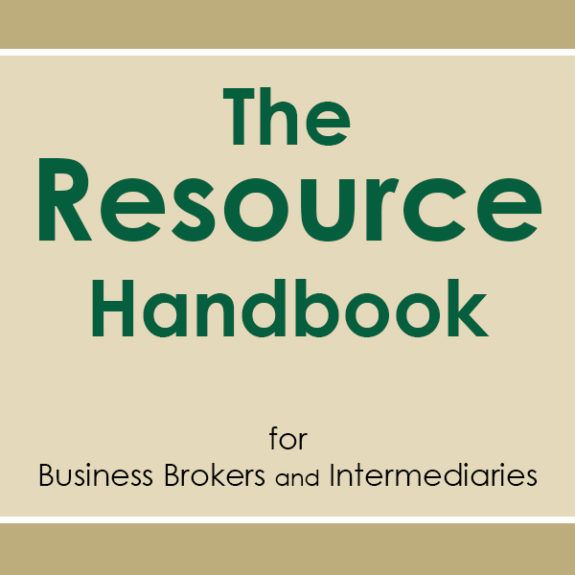21 Jun Franchise Candidates Should Act Like Investors Not Buyers
NOTE FROM TOM WEST:
Ed’s article points out the differences between a going business and a franchise. However, I do think that the purchase of an existing business is also an investment. If the new owner increases sales and profits, the business is worth more than when it was purchased by the new owner. I do admit that the economy does or can take a toll on the price one might get for a business – whether a franchise or an existing business. The price of a business, unlike a house, is based on its earnings, not on the ebb and flow of the residential real estate market. I do agree that increasing earnings during a recession is certainly more difficult than in a booming economy.
Ed does make one very important point and that is that the purchaser of a franchise is somewhat dependent on the franchisor and how they market their product or service, how much support is given, etc. Business brokers should read this and act accordingly. An individual who purchases a going business is in almost complete control of his or her business and destiny and, in my opinion, creating a solid investment if the business is successful. He or she is also not dependent in any way on the actions of a franchisor.
Ed’ article is excellent for both the buyer of a going business and an individual buying a franchise.
When seeking a franchise opportunity it’s important to take off the buyer’s hat and put on the investor’s hat. Here are some tips on how to facilitate the switch.
Whether it’s a search on the Internet or the title of a franchise article, a frequently used term on the subject of franchising is “buying a franchise.” However, the truth be told, a much more accurate term would be investing in a franchise. If an individual tells a franchisor representative that they would like to invest in a franchise, you can expect the franchisor representative to equate investor with someone who will not be involved in the day to day operation of the franchise. I realize this can be considered splitting hairs but in reality the difference between an on-going business and a franchise is the fact that the on-going business has revenues and is up and running. The major distinction between the two entities is that an independent business is dependent upon the owner, while a successful franchise requires the support and actions of the franchisor in addition to the efforts of the franchisee. This is a major reason why when considering a franchise opportunity the candidate should play the role of investor versus the role of franchise buyer.
To be in the franchise investor role follow these tips:
- Determine the return on your investment. Go through the franchise process with the objective of identifying the anticipated return on the investment you’ll make. Being your own boss and having a degree of personal independence are some of the benefits of operating a franchise, but you need to earn a fair return on your investment. Otherwise, invest in rental property or a solid mutual fund. Unless you have the right business credentials you should engage professional advisors such as an accountant to help you analyze your investment. One of the leading causes of franchisee failures is under capitalization or making the wrong investment.
- Act like an investor not as a buyer. There are psychological differences between being a buyer versus an investor. When we act as a buyer, the expectation is to be sold or convinced why we should buy. There is a more emotional aspect to the buyer- seller relationship. As a result, some buyers can be susceptible to effective sales tactics. The investor has a different perspective. When investing, most people focus on the financial aspects of the transaction and less on emotional elements. This doesn’t diminish the importance of relationships in a franchise company but it shouldn’t be the most important component.
- Establish a value on the franchise investment. Do a break even and return on investment analysis. If you can’t do this, then use a professional to assist you. Although you won’t have a crystal ball, you can forecast potential franchise earnings of the franchise and equate the probable results to your investment. Even if you’re off by 10 or 20%, its better than having no forecast. Be skeptical of mature franchisors that fail to make an Item 19 disclosure of franchisee revenues or earnings.
- Speak with as many franchisees as possible and ask lots of questions. Obtain as much financial information as possible from current and former franchisees. You’ll need this information, in addition to valuable feedback on franchisor support and other areas.
- Use a franchise attorney and accountant to review the Franchise Disclosure Document. Although you’re conducting your due diligence with an emphasis on the financial aspect of the franchise don’t neglect the other components of a thorough franchise evaluation. The franchisor financials can reveal a great deal about the franchisor, but it takes a qualified person to spot problem areas and red flags.
When considering a franchise opportunity, individuals need to have the mindset of an investor, not a buyer. An investor looks at a business opportunity from a different perspective compared to a buyer. Most importantly, don’t allow yourself to be sold!



 The Resource Handbook
The Resource Handbook














